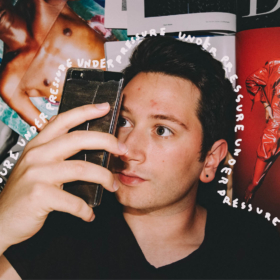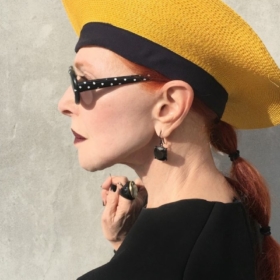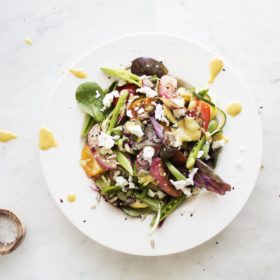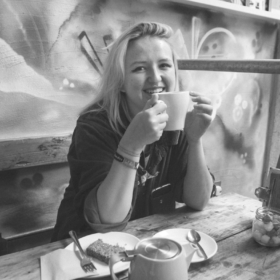I’m willing to bet about 90% of the people reading this column have intentionally skipped a meal to lose weight.
*This is an archived article. Since 22 October 2017, LFB is only focusing on Berlin-related topics. Please check out our new platform, YEOJA Magazine, for material like this.
TRIGGER WARNING: article includes content about eating disorders, suicide and self harm.
That same amount have probably also pushed the exercise a little too hard now and again, regretted eating that pizza and wished they could roll back time to when their gut was light and empty, or felt the nervous rush of hunger and thought ‘hey, maybe this is a good thing.’
Our cultural relationship to food is fucked. We eat our feelings, or diet them away. We fetishise waifs while preaching body positivity from lying lips, and have built an industry on shrinking and growing waistlines. We judge each other – and ourselves – constantly, after internalising the global message that whatever we are is never going to be enough.
Add this to a predisposition toward melancholy, anger, self-loathing or all of the above, and you have a recipe for one heck of a shitshow.

I was obsessed with food for eight years. Every day, every minute, it occupied my mind. My illness was diagnosed as EDNOS – an eating disorder not otherwise specified – which meant that for approximately 96 months I was locked into a chaotic cycle of extreme starvation, binge and purge, recover, repeat. I’d drop 30lbs, regain a little, then drop some more, all the while measuring my waist with a tape measure and my wrist with my fingers. Any thought I had or action I undertook was filtered through its lens.
I’ve never written about my eating disorder before. It’s always been too raw. In fact, I’ve been writing this column for over three weeks now. I slot in sentences here and there to make sure that I never get too consumed, keeping at bay those thoughts that trap and lock me in so easily. It’s been five years since my last proper relapse, but I’m constantly aware that I’m never more than a maudlin moment and three skipped meals away from being back to square one.
It’s a strange place to be, recovery. You see things from a different vantage point. Eating disorders have so many cliches attached to them, and I in turn was the classic ED case study; white, lower middle class, female, divorced parents, traumatic life event. Check, check, check. It’s disconcerting to look back and see something so personal, something so intrinsic to who I was then and who I am now, reduced to a series of cliches trotted out in a ‘spot the signs’ magazine sidebar or a Netflix movie starring Lily Collins (although in fairness, ‘To The Bone’ wasn’t totally tragic).
I do my best to forget and move on, to pretend like those years never happened. But they’re not very easy to bury. The world is alarmingly good at reminding us of those things we most long to forget.
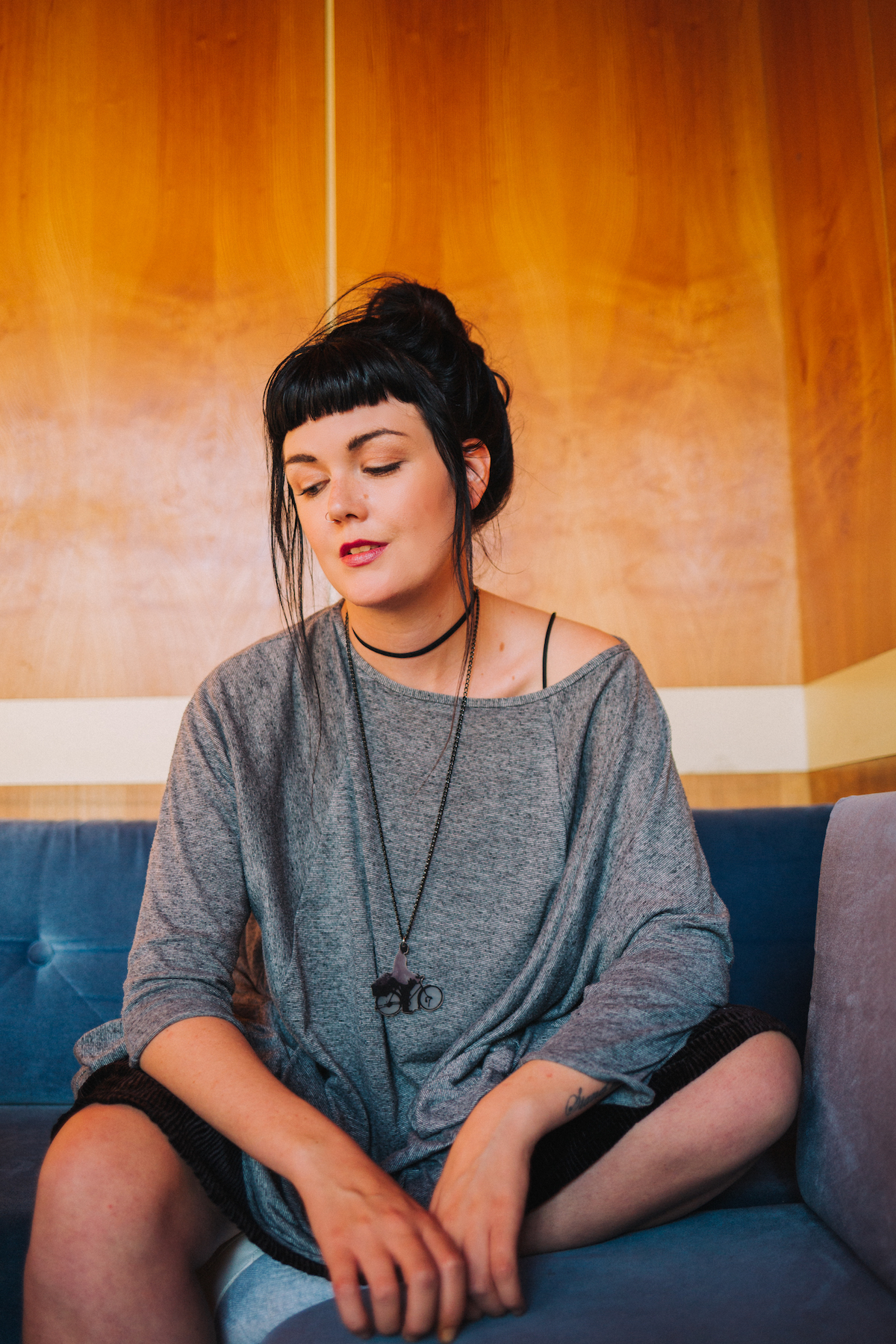
Memories from those years flicker by like a garish horror slideshow. Eating everything with ice cream to make the vomiting process easier. My ex-boyfriend calling me Skeletor, and my mother crying when I wore leggings that showed off the hollowed out gap between my thighs. Friends yelling at me for leaving flecks of vomit around the toilet bowl. Taking cocaine and MKAT in the supply cupboard at work to suppress my appetite and give me the energy I needed to run for three hours in the gym until my breath was ragged and dark spots formed in front of my eyes, threatening to pull me into unconsciousness. Holding a flame to my arm to remind myself that flesh is only temporary, and waiting until it started to bubble. Forgetting how to swallow. Washing and wiping out my mouth in case a fragment of food made it from the inside of my cheek into my stomach. The cold. The cramps. The pain.
I remember the shock on my boss’s face when I walked into work with grey skin and vacant eyes, and the texts that I later found out were flurrying around my friendship group when I was spotted in a supermarket with clothes that hung off my frame
I remember the burning of bile in my throat, and the growling, ever-present hunger in my gut that clenched my torso and snatched away my breath.
But most of all, I remember the food.
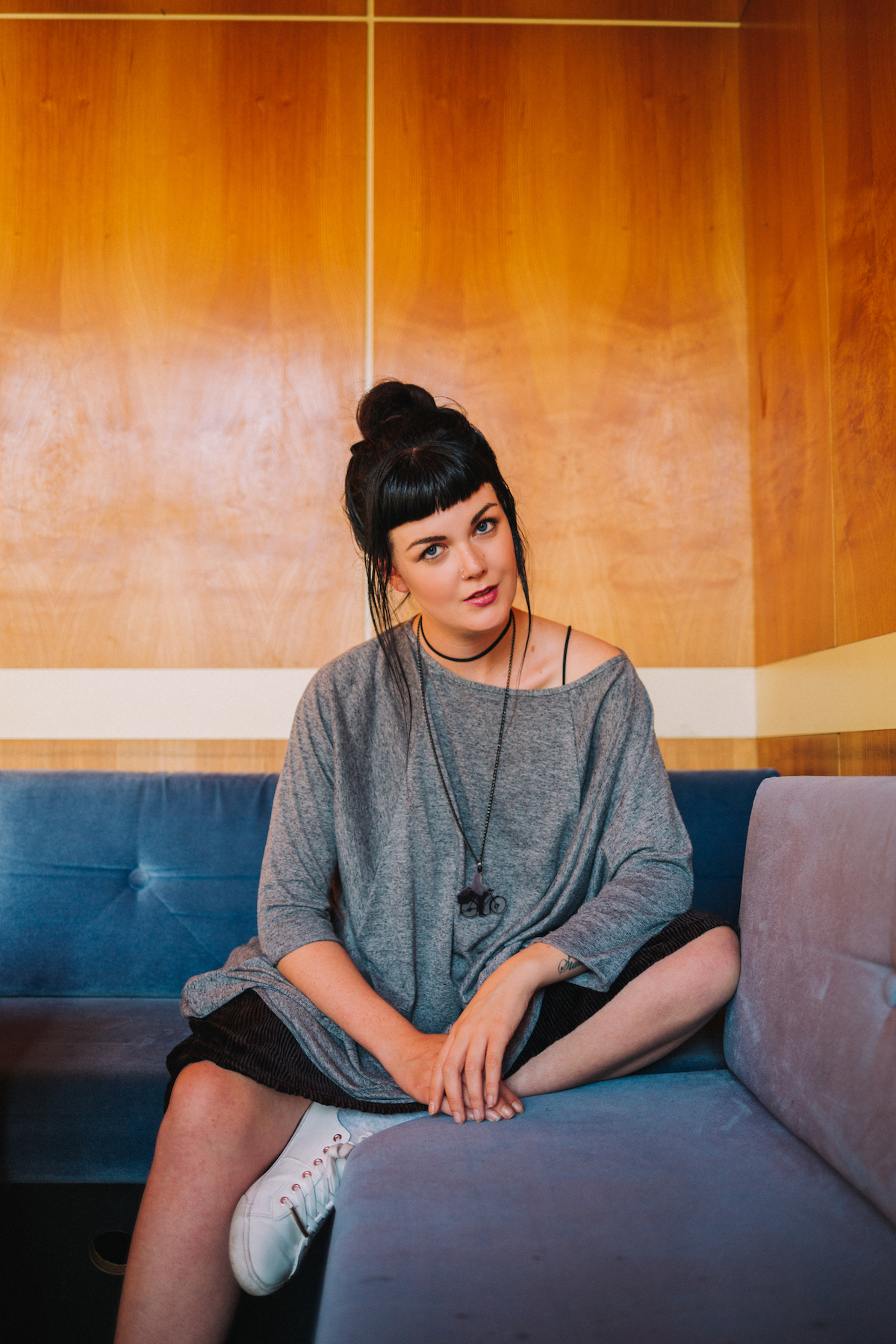
A rice cake for breakfast, half a cucumber for lunch, one quarter of a bowl of spaghetti, half of that chewed and spat into an opaque mug. I caressed apples with my tongue for an hour, feeling the individual crystals dissolving away. Days subsisting on water, diet coke, black coffee and cigarettes until the wave finally broke and sent me running to the fridge or the drive thru, inhaling veggie burgers and chips and milkshakes before vomiting five, ten, fifteen, twenty times. I still can’t eat a McDonalds now. Their burgers taste like bulimia.
Because the one thing that many people with an ED don’t want you to know is just how much they love food. More than a love affair, more than obsession. Food, or a lack of it, becomes your sole reason for existing. Focusing on its taste, caloric value, how it feels as it pushes back up your throat makes everything else go quiet. The world shuts down around you. Interpersonal relationships, work, looking fly on social media, Donald Trump, Charlottesville, the looming threat of nuclear war – everything is put on mute as you home in and lock down on the one thing that makes any sense. Food is more than sustenance, more than a treat, more than a temptation to be resisted. It’s a devil and an angel that digs in its claws and wraps you in its wings and tells you on the daily that the less space you occupy on this planet, the better. An eating disorder gives you a sense of stability and a sense of purpose, a sense that you can hold onto this whizzing spinning top planet and bring it to a standstill between your hands. Your diminishing frame is a chaos that you control. An obsession with food is your saviour.
It’s all an illusion, of course. Once you get past a certain point, your eating disorder becomes a succubus that swallows up your personality and makes decisions for you. My brain got so addled that I wanted my disease to kill me – I couldn’t think of a more perfect way to die. That’s not control – that’s surrender.
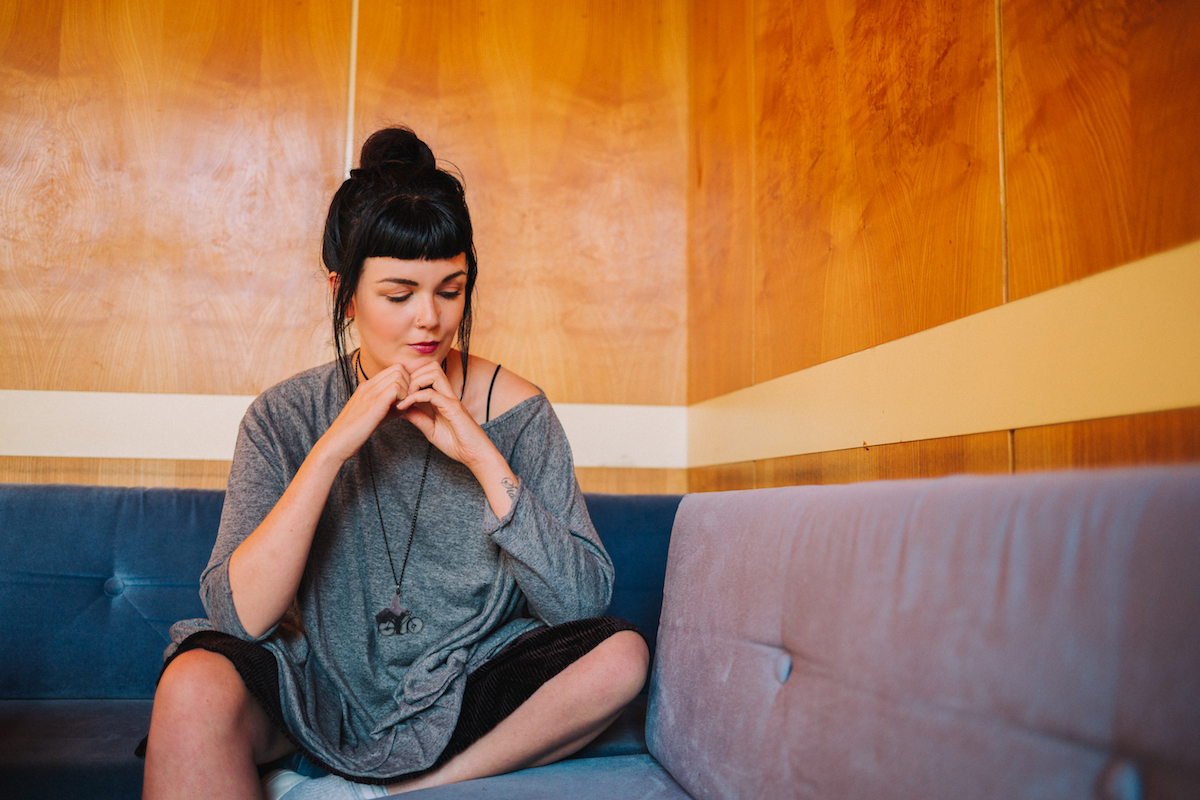
It took a lot of time, friendship and failed therapy sessions for me to begin to get better. I started actually going to lectures and throwing myself into work, spent more time with friends who lifted me up and started a relationship with a guy who would never dream of calling me Skeletor. Though I’ve never since been totally happy with how much space I now take up on a sofa, my relationship with food, my body, and life have improved. It’s hard, of course – especially in a world where conversations so easily drift towards holiday diets and the perfect abs to butt ratio, or (more worryingly) towards injustice and sadness and hatred and the inevitable heat death of the universe. Sometimes I think it would be easier to turn inwards and revert to type, making food the centre of my world again and cutting out all the ergh. But I don’t. I can’t. Because that’s not living – it’s dying.
This isn’t a very coherent column, but then again I am not a very coherent person, and the story of a mental illness isn’t usually one that fits comfortably and chronologically into 1,200 words. But I guess that’s why I feel that more of the stories of those who have suffered from an eating disorder, or from mental illness in general, should be broadcast. Because every person’s struggle is unique, and convoluted, and more than what is presented on the surface. There is no one way of suffering, and ‘being ill’ is more than just exhibiting a set of symptoms and characteristics. It’s our life. It’s who we were, and who we have become.
And it’s definitely about more than fucking food.
_
If you or anyone you know is experiencing any of the issues featured in this article, advice can be sought through your doctor, or check online for the best support networks in your area. Hare are two links to get you started: Worldwide List of ED Advocacy Organizations and samaritans.org
photography: Rae Tilly
![]()

